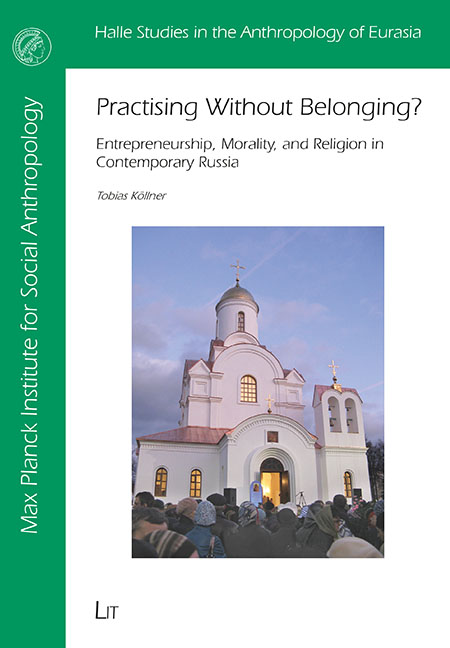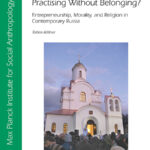Beschreibung
Inspired by Max Weber’s Protestant ethic thesis, this book examines the intersection of Russia’s economic transformation and religious revival in the sphere of morality. As revealed through the ethnographic study of businessmen in the city of Vladimir, the relations between Church and state, politics and religion, and belief and practice, are deeply ambiguous. Businessmen experience social and political pressure to practise Russian Orthodoxy, and they experience a constant tension between their desire to uphold moral values and their need to seek individual gains. As personal spiritual teachers (dukhovnye nastavniki), priests guide businessmen in both their religious and business practices. These relationships are mutually beneficial, but they produce ‘multiple moralities’ that allow for different interpretations and courses of action among professed Orthodox believers. Businessmen ‘practise without belonging’ because they hold only loose connections to parish communities, even as their commitment spurs the reconstruction of churches and the revitalisation of religious events, personages, and symbols in everyday life and national history.


 Download
Download 